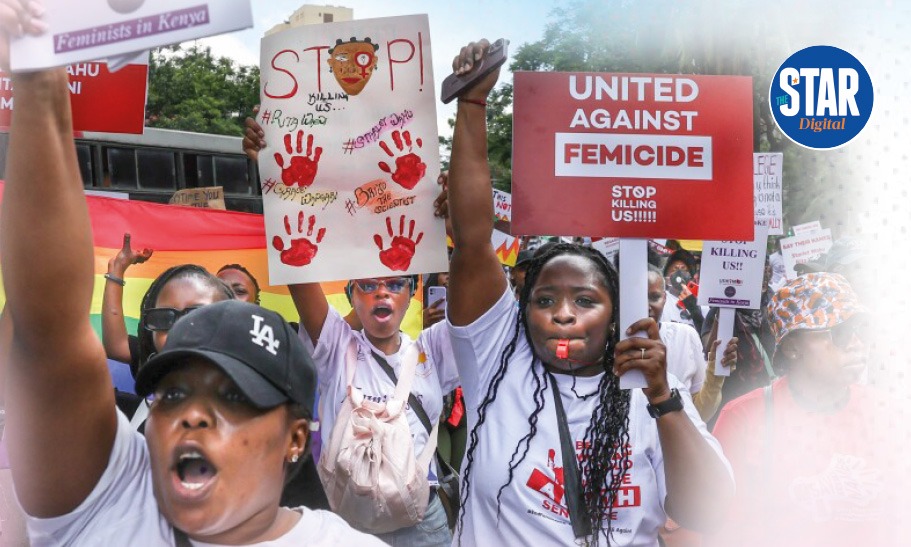

The National Police Service has highlighted several
The report submitted by the National Police Service on Wednesday before the Technical Working Group on GBV stated that there have been inconsistencies in the handling of GBV cases.
“There have been concerns about delays in filing cases, reluctance by officers to record statements, poor preservation of evidence and lack of survivor-friendly environments in police stations,” NPS said.
It also highlighted underreporting, explaining that many survivors do not report violence due to fear of victim-blaming, intimidation by perpetrators or lack of trust in police processes.
This, it said, undermines the visibility of the crisis and the pursuit of justice.
The issue of data and case management challenges was also raised, with the service noting that the absence of a centralised, digitised GBV case management system within the police impedes evidence-based decision-making, tracking of cases and accountability for prosecution outcomes.
“While some officers have undergone GBV training, overall capacity remains uneven. Many police stations lack trained personnel or clear procedures for handling sensitive GBV and femicide cases due to restructuring of the NPS and gazettements of new police stations and post,” NPS said.
NPS added that on February 14, 2020, the IG designated 702 new police stations and 1151 police posts to enhance access to justice.
Other existing gaps in police response to GBV and femicide cases include inadequate funding and personnel, inadequate survivor shelters and relocation support, and digital literacy gaps among officers handling Technology-Facilitated Gender-Based Violence (TFGBV).
Additionally, other gaps are weak cybercrime legislation enforcement on image-based abuse and sextortion, lack of formal integration of GBV case data systems, and poor coordination mechanisms on stakeholders handling GBV.
According to data from NPS and the National Crime Research Centre (NCRC), over 100 women have been killed across Kenya in the first three months of 2025.
The report showed that at least 129 women were murdered between January and March, with most of the cases reported in Busia, West Pokot and Nandi counties.
March had the highest number of female homicide cases at 44, followed by January with 43 and February with 42.


![[PHOTOS] Kindiki inspects works at regional centre in Kwale](/_next/image?url=https%3A%2F%2Fcdn.radioafrica.digital%2Fimage%2F2025%2F04%2Fc68aa00b-39bc-4214-bafe-80e8e38b1e60.jpg&w=3840&q=100)









